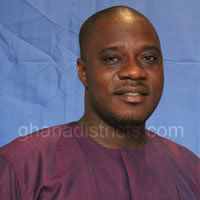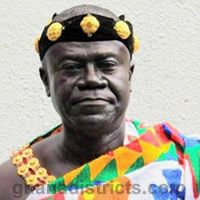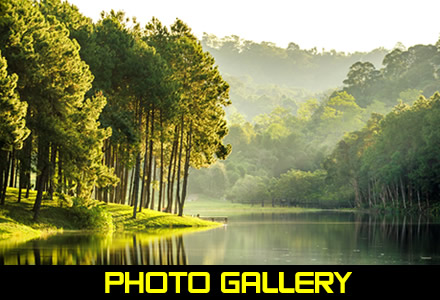Ethnicity
The district has a heterogeneous population in terms of ethnicity. The predominant ethnic groups are Akans representing 70.4 percent of the total population. The other significant tribes are Ewes (17.7%) and Ga-Adangbe (5.0%). There are other minor ethnic groups with Northern origin alongside a number of Nomadic Fulani Herdsmen mostly from Mali and Niger (GSS, 2013).
Religious affiliation
Religious affiliation in the district follows the national pattern of Christianity, Islam and Traditional religion. The Christian religion comprises the Pentecostal/Charismatic (27.6 percent), Protestant (24.1%), Catholic (9.0 percent) and other Christians (18.6%). Pagans constitute 13.0 percent while Islamic and Traditional Religion constitutes 5 and 1.7 percent respectively.
Traditional administration
Traditionally, the district has one paramountcy and hosts ten out of the seventeen major traditional divisions who assist the paramount chief (Kwahuhene) to administer the Kwahu Traditional Area. There is a cordial relationship between the Traditional and Politico-administrative authorities, which has contributed to the largely peaceful atmosphere in the district.
Festivals
The people of Kwahu East observe mini festive days like Akwasidae, Awukudae and Fofie and they keep these days sacred as taboo days throughout the traditional area where people do not undertake any activity on the farmlands but rather engage in communal labour.
Besides the traditional days, Easter Celebration has become the most patronized festivity among the Kwahus. During Easter, all the citizens abroad return home with friends to celebrate with their families back home and they contribute in diverse ways to support developmental activities.
Date Created : 11/26/2017 4:26:29 AM






 facebook
facebook twitter
twitter Youtube
Youtube TOLL FREE 0800 430 430
TOLL FREE 0800 430 430 +233 593 831 280
+233 593 831 280 GPS: GE-231-4383
GPS: GE-231-4383 info@ghanadistricts.com
info@ghanadistricts.com Box GP1044, Accra, Ghana
Box GP1044, Accra, Ghana